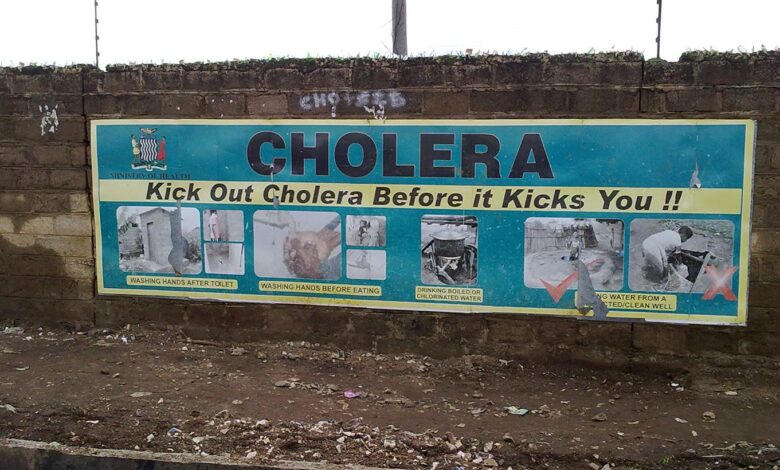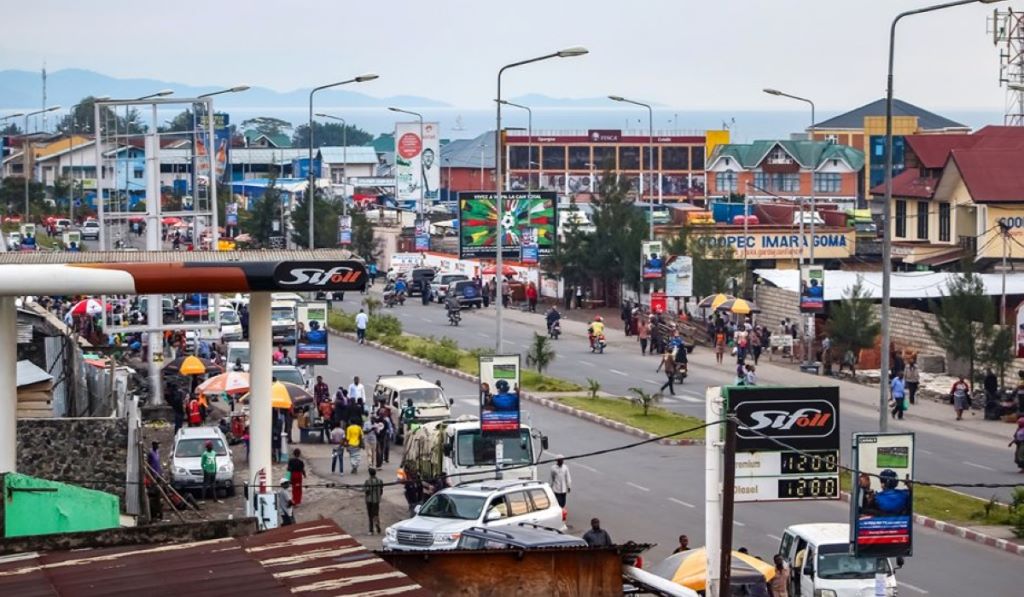UN agency warns over cholera outbreak in Ethiopia as 20 deaths reported
The United Nations Office for the Coordination of Humanitarian Affairs (UNOCHA) on Thursday warned over the ongoing cholera outbreak in southeastern Ethiopia as 20 deaths have been reported so far.

The United Nations Office for the Coordination of Humanitarian Affairs (UNOCHA) on Thursday warned over the ongoing cholera outbreak in southeastern Ethiopia as 20 deaths have been reported so far.
The UNOCHA said in its latest situation update issued Thursday that some 491 cholera cases, including 20 deaths, have been reported in the affected areas as of Wednesday.
The cholera outbreak has spread to 41 localities of 4 districts in the Bale zone of Oromia region and 2 districts of Liban zone of Somali region, it said. According to the UNOCHA, close to 555,000 people are currently at high-risk of the ongoing cholera outbreak in the six affected districts.
Figures from UNOCHA show that the caseload of affected people has increased by 28 percent in the last two weeks with new daily cases reported in Berbere, Gura Dhamole, Quarsadula districts.
In Gura Dhamole district of Liban zone, cholera cases are expanding at high pace, especially across internally displaced people (IDP) sites, where more than 60 percent of the new affected caseloads are recorded, it said.
The Ethiopian Public Health Institute (EPHI), the Oromia and Somali regional health bureaus, the World Health Organization (WHO), UN Children’s Fund (UNICEF) and partners are presently supporting the scale-up of health as well as water, sanitation and hygiene activities in priority areas.
The UNOCHA, however, stressed that the ongoing response is hindered by insufficient funding and limited partners’ presence. It warned that coping mechanisms of the affected communities have been deteriorating due to multiple consecutive shocks, notably the current drought, conflict leading to a high prevalence of malnutrition, especially among the IDPs community.
Shortage of water, sanitation and hygiene treatment chemicals, limited amount of water storage items, insufficient water trucking capacity as well as a large number of non-functional water schemes are said to be among the major gaps affecting the repose’s efforts.
The International Federation of Red Cross and Red Crescent Societies (IFRC) had last month indicated that the latest cholera outbreak is drought-related as Ethiopia is currently experiencing one of the most severe droughts in recent history.







